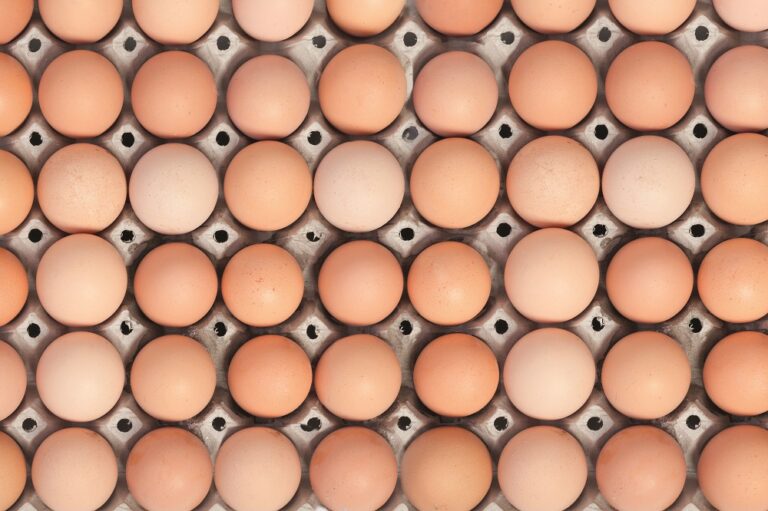Lockdown led to unprecedented demand for shell egg. Now one packer thinks it will lead to an increase in UK production.
Stonegate Eggs supplies all of Waitrose’s own label shell egg. Like all other egg packers, it saw unprecedented demand when the lockdown was imposed in March.
Mike Tyers is producer development manager at Stonegate Farmers, and took part in a discussion via Zoom organised by LEAF, the farming and environmental organisation.
Demand rose sharply in late March for British shell egg. Tyers said demand was akin to Christmas. “It was frantic.” As foodservice outlets were closed, consumers turned to eating and cooking at home including more home baking, it was impossible to meet demand and there were gaps on all supermarket shelves.
The UK consumes around 35 million eggs a day, 60% of which is usually purchased through the retail sector in shell. The remaining 40% is split in half, with 20% eaten in foodservice outlets, and 20% used in the processing industry.
Simply switching the egg that would have gone to restaurants, pubs and food manufacturers into the retail chain was difficult, as much of the egg used in foodservice and processing is imported, and UK retailers have all committed to selling British Lion egg to a specification and fully traceable.
“The industry was seeing increasing demand before the Corona crisis but with lockdown wee saw a massive and sudden increase in demand, maybe a bit of panic buying to start with but because we had to replace the service sector with eggs from UK it put a greart strain on availability. There was an increase in home consumption as well as eggs replaced meals out. We were running below hand to mouth. Even now, it has calmed down a little bit now, but every week we were running behind demand.”
Some retailers have broken rank and decided to import egg from Europe and others were considering it.
Tyers says demand for egg is now starting to ease as people are returning to work and home baking is dropping off the agenda for many families. “It is coming a bit more into balance, but we are still in total up on our demand for egg than we were before going into crisis.”
No retailer has been able avoid gaps on shelves, including Waitrose, whose eggs are supplied exclusively by Stonegate. “Obviously as packers we have obligations to our most valued customers, Stonegate’s are Waitrose. We want to maintain loyalty with Waitrose and we will do everything we can to maintain that loyalty by servicing them with the volumes, variety and frequency they expect. We maintained 80% of their requirement while some retailers struggled to maintain 50% from their suppliers, but even we could not supply them with 100% of what they wanted. Waitrose use a unique breed of hen for the production of their eggs [the British Blacktail, developed by Stonegate and Waitrose] and that exclusivity limits our ability to supply eggs in general.”
Increasing the volume of shell eggs available takes at least four months,to grow a pullet to “point of lay” Tyers pointed out on the call, and the UK flock was already smaller than usual at the start of the year due to two factors: Non notiofiable low pathogenic avian influenza had taken several flocks out of circulation and general disillusionment in the industry over preceding years with low farm prices had discouraged new investment and even discouraged some producers to restock buildings .
In addition, there was an irrational demand for large eggs. In order to obtain the volumes of large the mediums and smalls became less and less valuable, adding to the imbalance.
“Even if we turned on new pullets today and put down chicks today, it would be four months before they came to point of lay,” he says.
But he says this period of increased demand is likely to encourage more producers to increase egg production. Egg prices to farmers have started to improve.
“I think every packer in the country is chasing extra volume. So I think now there is a lot of encouragement for farmers to reopen sheds that have been closed, to build new or build extensions on sheds, and to extend flocks if necessary. Anything really to get more egg. I think all the packers are chasing that at the moment.”


